Over the past 3 years, preschool education in Ca Mau has made significant improvements. The clearest evidence is the increase in training of preschool education resources with high professional qualifications, meeting the needs and orientations of child care andeducation in a new mindset and vision. In addition, opening preschool pedagogical courses at training facilities also contributes to improving the quality of the teaching staff. Children's lessons are integrated with many new methods and activities, creating excitement for children when participating. At the same time, the quality of nutritional meals and food safety and hygiene are top priorities in the preschool environment.
Many difficulties
Preschool education in the province is currently facing many difficulties, mainly due to geographical characteristics, limited resources and increasing demand for education development. The whole province is currently lacking 83 preschool classrooms, forcing many schools to temporarily borrow classrooms from other levels. Many existing classrooms are small, degraded and lack basic amenities such as: toilets, kitchens, and dining rooms for students.
In addition, the province's geographical characteristics with many remote areas and difficult transportation systems still maintain many separate schools. Currently, the province still has 55 separate preschools, while the conditions at the separate schools do not meet the requirements, most of which also cause difficulties in organizing classes and management of the industry.
At the same time, recruitment is difficult due to lack of resources, leading to a shortage of teachers to ensure the care, nurturing and education of children. Due to the lack of teachers, the teacher/class ratio in many preschools is only 1.7, putting great pressure on teachers in caring for and teaching children. This affects the quality of education and the safety of children.
The implementation of the goal of universalizing preschool education for 3-4 year old children by 2030 faces many difficulties due to a lack of teachers and inadequate facilities. The rate of preschool-age children mobilized to preschool education facilities is currently low compared to the set target (nursery schools reach 5.62%, kindergartens reach 59.27%, and 3-4 year old children reach 47.38%).
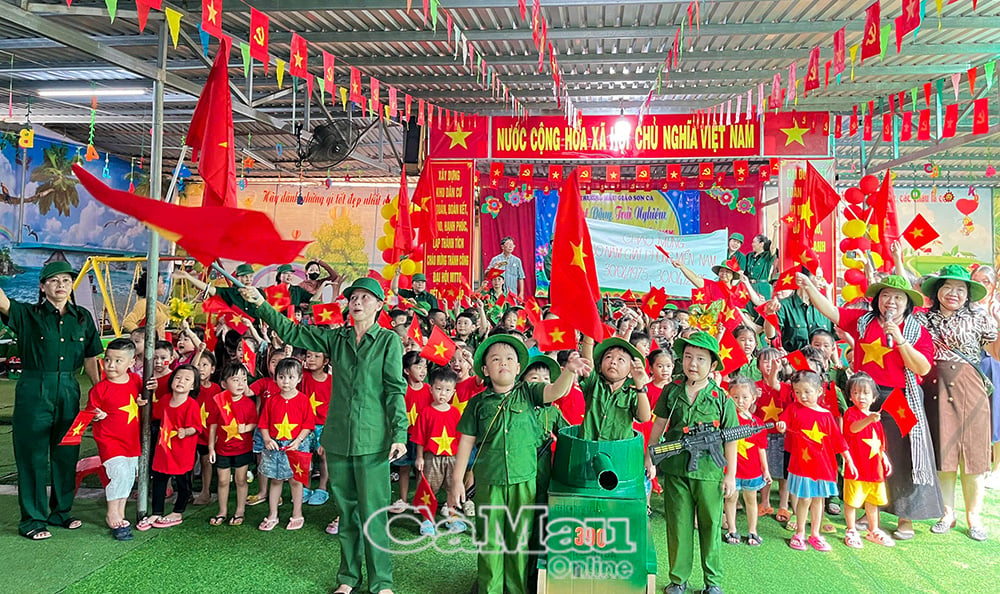
Teachers design and organize teaching programs by integrating vivid and interesting historical events to create excitement for children.
Ms. Tran Dieu Hien, Principal of Son Ca Kindergarten, Ca Mau City, said: “Although the school has been invested in facilities in the past, up to now, the facilities have degraded a lot, so they have not met the needs of caring for and educating children. From another perspective, teachers are under a lot of pressure in terms of class time and work intensity, because the nature of the work of preschool teachers is not only teaching but also taking care of each meal and sleep for children, but the current salary of teachers is lower than that of other levels of education. Some parents do not understand and sympathize with teachers in caring for and educating children.”
Clear goals, decisive action
To improve the quality of preschool education, it is necessary to focus, innovate and pay attention to many factors. The key role is to recruit teachers with capacity, ethics, love for the profession and diligence. At the same time, it is necessary to issue policies to attract and reward teachers, especially in communes with difficult travel conditions; strengthen regular training in expertise, pedagogical skills, and new teaching methods (child-centered education).
According to Ms. Nguyen Bich Thao, Principal of Huong Tram Kindergarten, Ca Mau City: “Innovating teaching methods in the direction of promoting children's positivity, self-awareness, initiative and creativity is what teachers are aiming for. In addition, it is necessary to increase experiential activities for children both in the school environment and in extracurricular activities. At the same time, it is necessary to develop programs and content on innovating teaching methods and applying advanced educational methods into child care and education activities, such as Montessori education method, STEM education method. Building a team of cadres, teachers and employees with good moral qualities, exemplary teaching style, good and excellent professional capacity, solidarity, dedication, love for the profession and love for children. The coordination between schools, families and society is extremely important and needs to be further promoted in the coming time, for a synchronous education”.
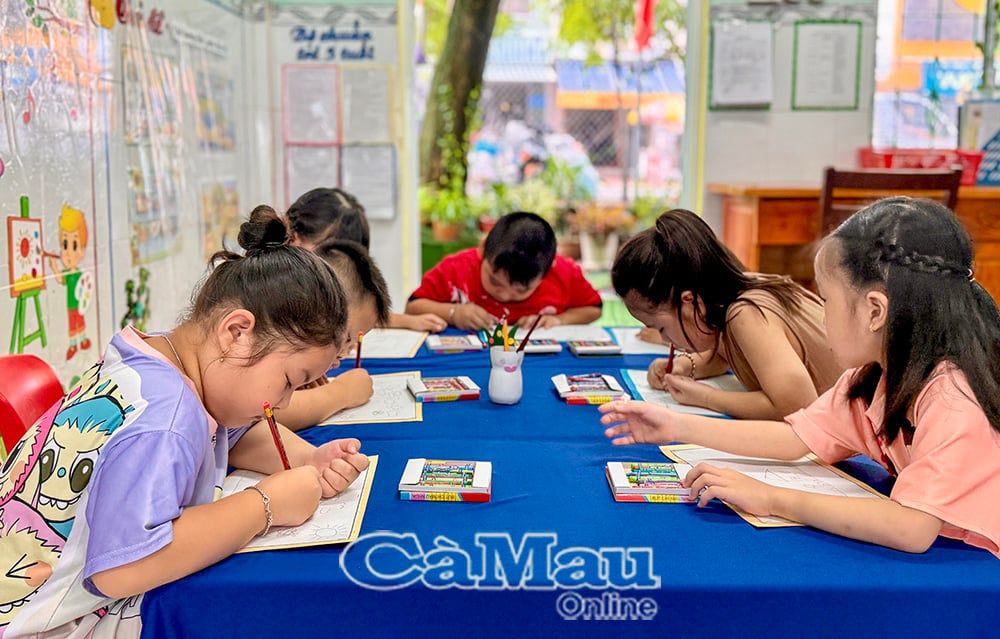
Talent classes focus on comfort and creative freedom instead of teachers holding hands and showing how to do things.
Mr. Le Hoang Du, Deputy Director of the Department of Education and Training, said: “We always encourage teachers to research and apply advanced teaching models. Expanding learning spaces outside the classroom such as: increasing activities to experience nature, visit, interact with the community... need to be organized more frequently and always innovate the content and integration form. We need to build green - safe - happy schools such as: combining education on environmental protection awareness and taking care of children's mental health; creating an environment without pressure, without school violence...". Mr. Du emphasized that one of the important factors to improve the quality of preschool education is to promote digital transformation in management and teaching such as: gradually digitizing lesson plans, teaching materials; using artificial intelligence AI in preschool education management...".
The reality that must be recognized in recent times is that many negative factors have come from private childcare groups, thereby affecting the quality of early childhood education. The Department of Education and Training continues to strengthen its direction and organize inspections of private childcare groups to ensure proper implementation of regulations on facilities, teaching staff and curriculum. This is to promptly detect violations and take appropriate measures. For private childcare groups that violate regulations, the Department of Education and Training will take strict measures, such as requesting competent authorities to suspend operations or request their dissolution.
Particularly for remote areas, especially areas with a high concentration of ethnic minorities, the Department also has a direction to support education in these areas to catch up with urban education groups. Typically, efforts are made to build solid schools, with full classrooms, functional rooms, playgrounds and standard toilets. In addition, equipment and learning materials are provided suitable for preschool age and regional conditions; electricity, clean water, and Internet are provided, especially in remote schools.
Mr. Le Hoang Du informed: “For this special priority group and environment, the education sector requires the recruitment of native teachers (knowing ethnic languages, understanding culture), then training in preschool profession. The sector also has better treatment policies for teachers in difficult areas, such as salary support, incentive allowances, accommodation..., as well as enhancing professional training and skills for teachers through distance learning, or sending them to regular training. From there, diversify and localize educational content such as: designing curriculum suitable for ethnic culture, for example using fairy tales, folk songs, traditional games. Bilingualizing the curriculum such as teaching in the mother tongue combined with Vietnamese, helping children not to have difficulty in language when going to school... is necessary. The most important thing is to encourage parents and the community to participate in educating children (telling stories, teaching ethnic dances and songs...), creating conditions for access to digital learning resources ( videos , learning games) suitable for the level degree and culture”./.
Lam Khanh
Source: https://baocamau.vn/giao-duc-mam-non-truong-hoc-xanh-an-toan-hanh-phuc-a39469.html










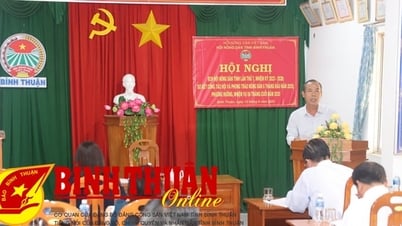

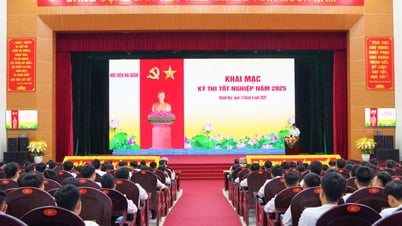


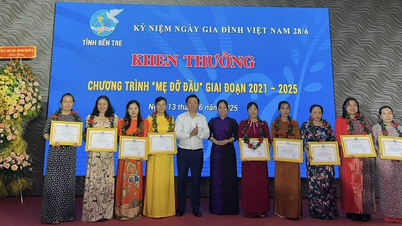







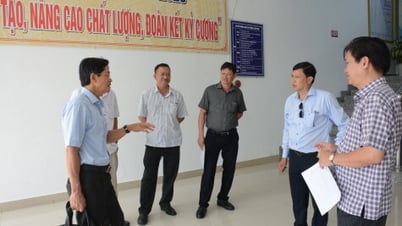
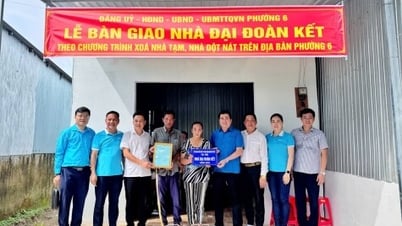
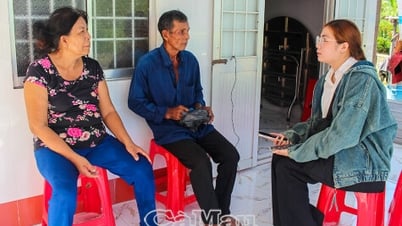
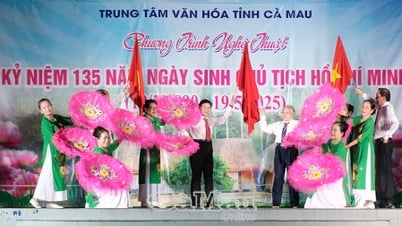




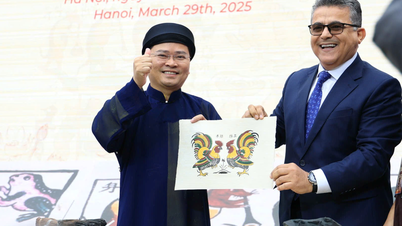






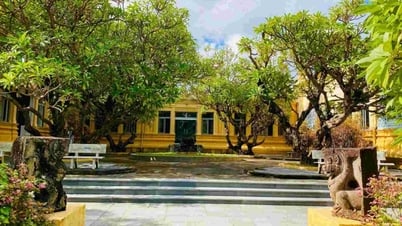




















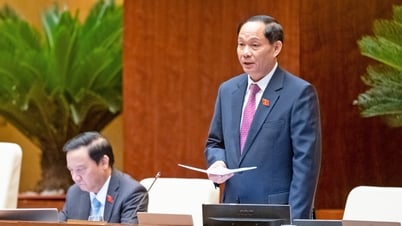



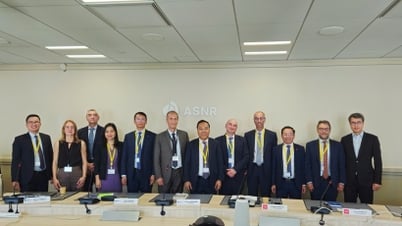

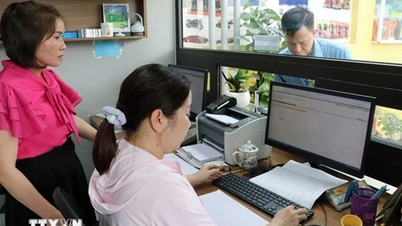




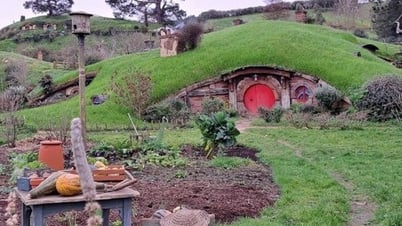


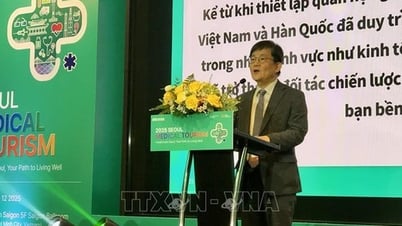



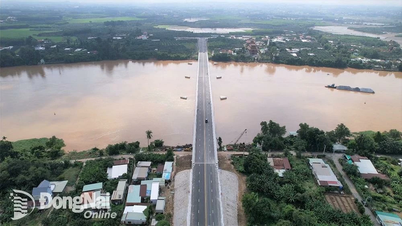

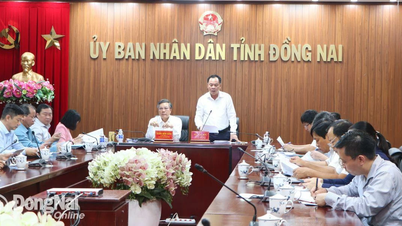
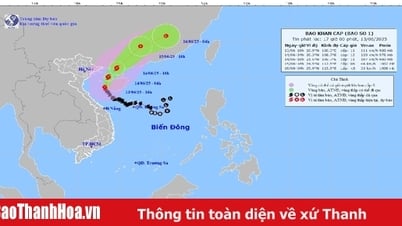

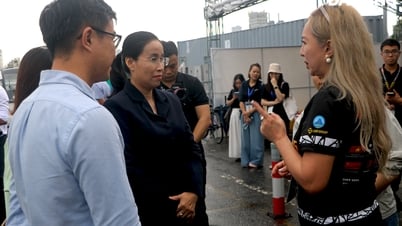

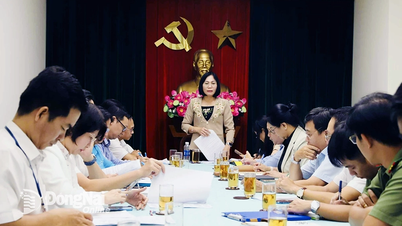
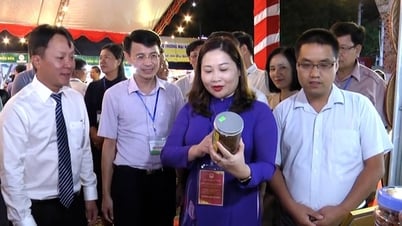

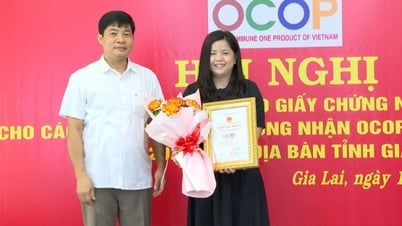



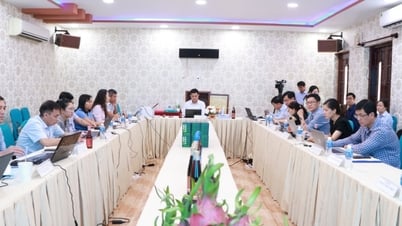



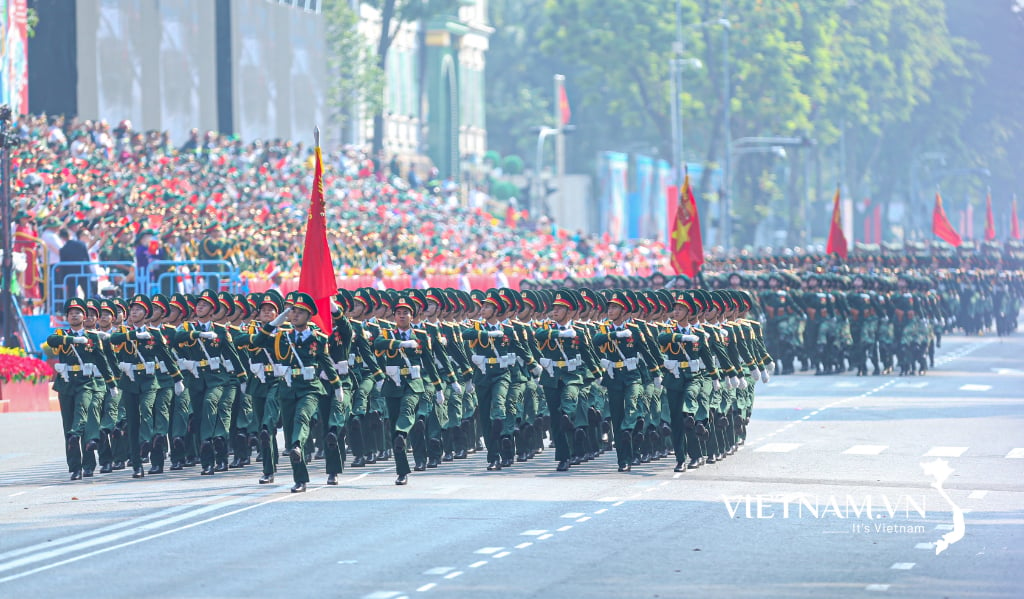



Comment (0)